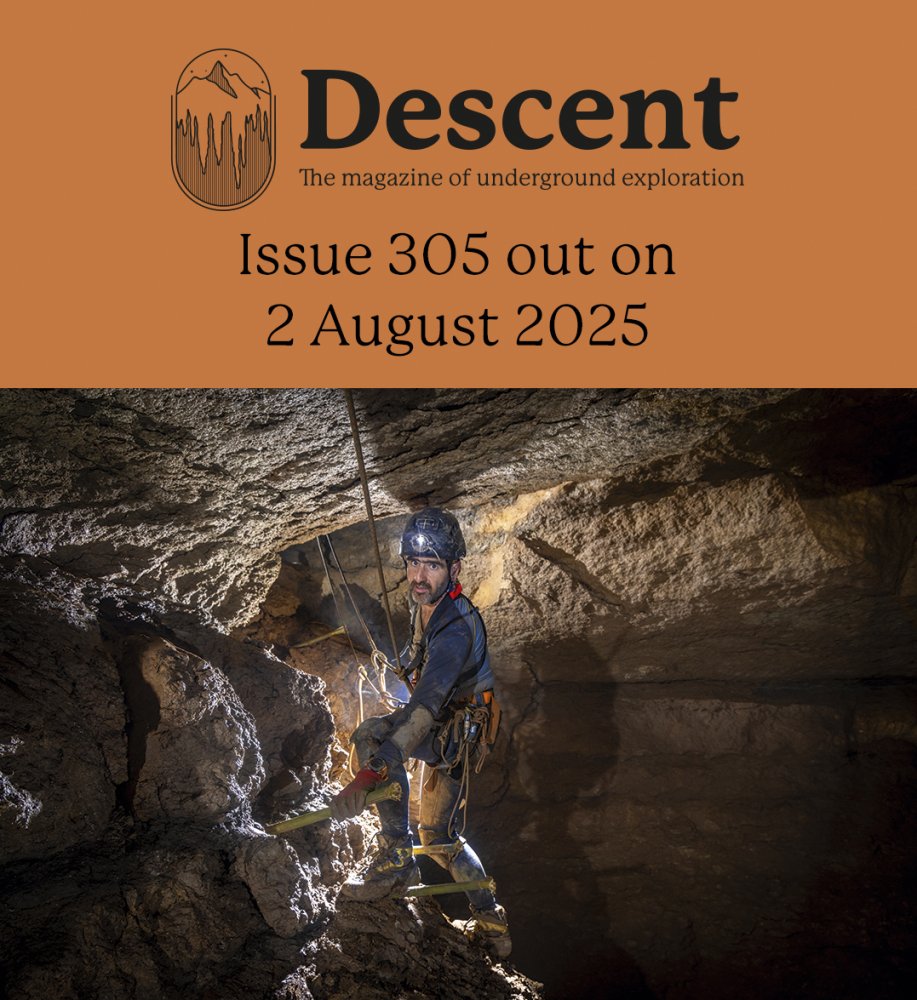Peter Burgess
New member
http://thescotsman.scotsman.com/theemergencyservices/Fire-chief-I-was-right.6126347.jp
Some more interesting questions and statements.
Some more interesting questions and statements.

This seems a good reason to reintroduce corporal punishment. Stupid smarties twats like this deserve a bloody good flogging.Peter Burgess said:http://news.bbc.co.uk/1/hi/scotland/glasgow_and_west/8552171.stm
"In a heated exchange with George Forbes, who is representing Ms Hume's family, the group commander also admitted that he considered risk assessments more important that rescuing the 44-year-old."
SamT said:Is rule number one of all first aid/rescue to not further endanger your own or the lives of people under your command.
[/devils advocate]
Sometimes what should be done doesn't come down to maths..
nickwilliams said:As a result of this incident, the HSE have now published a statement on how they interpret the application of the H+S@W Act to fire service operations. It's on line at:
http://www.hse.gov.uk/services/fire/duties.pdf
Nick.
In essence, this means that employees should act sensibly and responsibly within the command and control of their employer; they should not act recklessly.
AndyF said:There was another case where two community support officers (IIRC) stood watching a lad drowning who had fallen through ice. He was saved by a passer by with more sense/courage/fortitude I don't know what.
"The two PCSOs involved did not stand by and watch Jordon die.
"They acted correctly and I fully support the actions they took.
"The initial call to police gave the wrong location. This was no-one's fault, as the lake is known by several different names locally and there are other similar lakes nearby.
"The PCSOs managed to establish the correct location and immediately informed the control room to ensure the emergency services were sent there.
"One PCSO cycled to the road to alert other emergency services as they headed to the scene, while the other remained at the lake.
"Again it is important to stress that Jordon had not been seen for some time before their arrival. The inquest established that, tragically, at the time of the PCSOs' arrival, Jordan was probably dead.
AndyF said:I took the trouble to read this. Thanks for posting it, but I found it rather a depressing read.
I get the impression it has been drafted by commitee, discussed, re-drafted many times and what has resulted is a wooly and vague document that doesn't really say much.
In essence, this means that employees should act sensibly and responsibly within the command and control of their employer; they should not act recklessly.
In other words they should just follow all the rules, the memos, the guidelines and do what they are told. How about acting couragously, or sensibly or expediantly?
His stepfather Anthony and a friend Jerry Bowern joined the frantic search and managed to pull him out of the water but he had stopped breathing and was unconscious. Police officers arrived at the scene and gave Jordon the kiss of life. He was then rushed to Preston Royal Infirmary by air ambulance.
BBC Story: - Jordon had not been seen for some time before their arrival
kay said:I don't think you can require someone to act courageously. It's one thing to decide to risk your life yourself, quite another to ask someone else to do so. Though I suppose that's what we ask our armed services to do.
kay said:I don't think you can require someone to act courageously. It's one thing to decide to risk your life yourself, quite another to ask someone else to do so. Though I suppose that's what we ask our armed services to do. But a war situation is different. We don't ask the fire service to rescue people by being braver than the rest of us, we expect them to rescue people by being trained and equipped to go into situations that the rest of us can't go into, surely?
